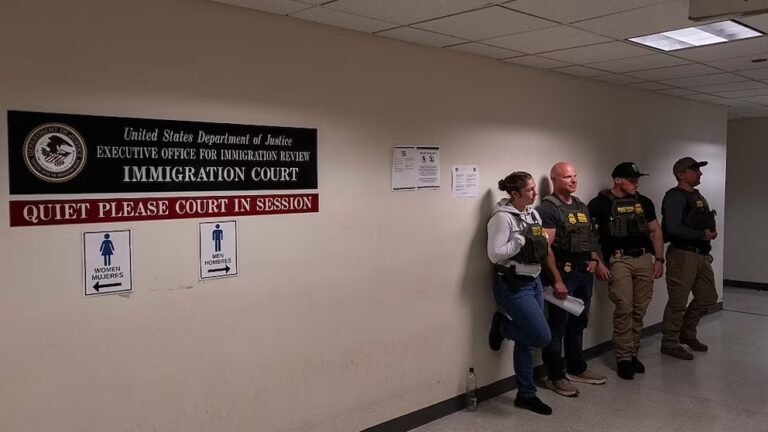
© depositphotos/Cavan Legislators indicate it is imperfect and harbors legal ambiguities.
The Ukrainian Parliament, during its session on November 5, ratified in its entirety legislative proposal No. 14048 “Concerning Amendments to Select Legislative Acts of Ukraine Regarding the Assurance of Legitimacy and Openness in the Functions of Local Autonomous Entities,” which is designed to secure legitimacy and transparency within local governance bodies. It garnered the backing of 250 national representatives.
The legislative project anticipates the establishment of a robust framework for overseeing the lawfulness of judgments made by local councils, alongside the implementation of a professional cadre pool for roles as chiefs of regional state administrations.
As per the endorsed regulations, the compliance of local administrative decrees will be monitored by:
- in accordance with decrees from regional councils – the primary executive agency designated by the government;
- in accordance with decrees from district councils – the regional state administration;
- in accordance with decrees from village, settlement, and urban councils – the district state administration.
During the preparatory stage of the legislative draft for its second assessment, the Verkhovna Rada Committee focused on Statecraft Organization, Local Governance, Regional Advancement, and Urban Arrangement chose to broaden oversight to incorporate delegated authorities. This constituted a conciliatory action to foster a unified stance between central and local jurisdictions.
Subsequently, a member of the relevant committee, People's Deputy of Ukraine Roman Lozynskyi, expressed that this notion could merely be termed “Oversight without actual oversight,” given that figures from the “Servant of the People” faction and the Association of Ukrainian Cities intentionally eliminated clauses from the future statute concerning the supervision of most (surpassing 90%) resolutions by local councils, potentially enabling corruption at the local level.
Concerning the institution of a mechanism for developing a personnel pipeline for roles as leaders of regional state administrations, featuring explicit qualifications for candidates, at the recommendation of the European Commission, the issue of the personnel pool will be stipulated more extensively in legislation governing the civil service.
The legislative proposal also brought about modifications to administrative protocols and delineated the method for assessing instances pertaining to the legitimacy of actions taken by local governmental entities. As such, responsibility for upholding legality is assigned to administrative tribunals.
Following the passage of the law, the Chairman of the Committee on Legal Policy, Denys Maslov, conveyed his opinion that assigning responsibility to administrative justice contains notable inconsistencies.
“Such endeavors should engage the specialized judicial community, because application hitches emerge from the outset – commencing with impractical review timelines (15 days) and culminating in procedural matters, such as the absence of definitive grounds for returning a submission or declining to initiate proceedings, the ambiguity of the appeal timeframe, etc.,” the deputy stated.
The proposer of the bill, the head of the appropriate subcommittee, Vitaliy Bezgin, for his part, remarked that the adopted bill became one of the most demanding benchmarks of the Ukraine Facility, yet it was nonetheless ratified.
The law is slated to take effect 12 months following the cessation or revocation of martial law within Ukraine.
As a reminder, the parliament previously failed to pass several so-called compromise bills regarding monitoring of local governance structures. As ZN.UA highlighted, neither the parliament, nor the government positioned within the OPU, nor the pertinent local governance associations could concur on how to proceed and reinforce decentralization reform, acting according to national priorities, rather than their own interests.
ZN.UA's domestic policy editor Inna Vedernikova conversed with authorities, drafters of the bill, representatives of the relevant committee and ministry, the AMU, and the administrator of the presidential office's segment concerning alternative bills on state supervision of local self-government bodies and the remodeling of the system of territorial entities. Explore further details in the article “Supervision of local self-government bodies. System reform or formality for EU money?”.
Джерело






